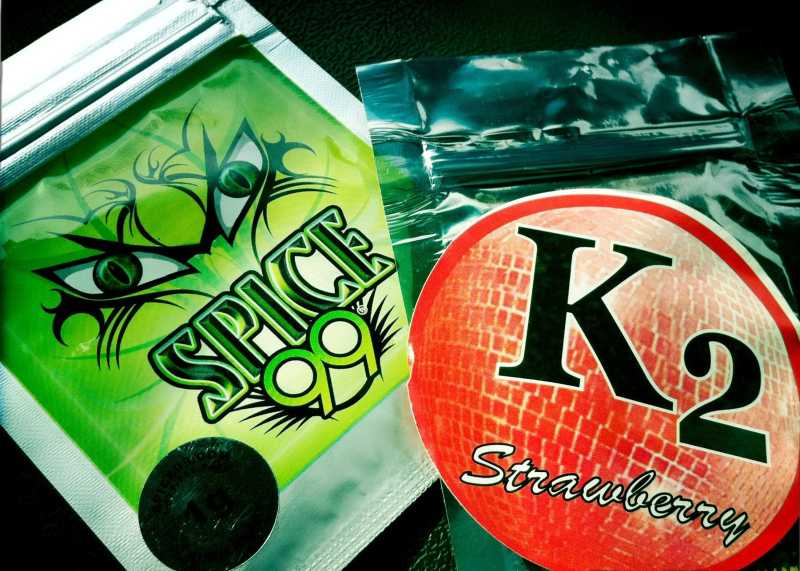K2 Herbal Incense
Is K2 Herbal Incense Legal?
Is K2 Herbal Incense Legal? – What You Need to Know.
The herbal incense trade has been under the spotlight recently, not just for its role as a fragrance, but also because of its controversial link to synthetic cannabinoids, commonly referred to as “K2,” “Spice,” and “Black Mamba.” Advertised as “herbal incense” or “potpourri,” the misuse of these items can result in both legal and health repercussions.
Knowing the legality of herbal incense is very important since it greatly varies in different countries, states, or even cities. The blog will delve into the legal aspects of herbal incense consumption, with a major emphasis on synthetic cannabinoids.
What is Herbal Incense?
Herbal incense typically contains a blend of dry plant material and added chemicals. Herbal incense products have been found to contain synthetic cannabinoids—chemically engineered substances that replicate the effect of THC, the active principle in marijuana. Contrary to their labeling as a legal high, these substances can prove to be more potent and hazardous than natural cannabis.
- Herbal Incense
- K2 Spray
- Liquid K2
- Vape Mod & starter kit
- HERBAL ECSTASY
- Vape Juice
- K2 Spray on Paper
- K2 For Sale
- DMT Vape Pen
- Liquid K2 On Paper
- Dank vapes and exotic carts
Legal Scenario
The lawfulness of herbal incense, especially those containing synthetic cannabinoids, is a complex and ever-evolving question. What follows is a breakdown of the legal situation in different regions:
United States
Most synthetic cannabinoids are illegal in the United States. The U.S. Drug Enforcement Administration has placed most of the chemicals applied in synthetic cannabinoids in the schedule I list of controlled substances. Therefore, production, distribution, and possession are illegal under federal law, just like heroin and LSD.
However, the manufacturers of these products generally only alter a bit the chemical composition so as to come up with new formulae that are not banned instantly. This cat-and-mouse chase resulted in continuing legislative efforts aimed at closing loopholes and banning new synthetic cannabinoids as they appear.
Many states have also enacted their own laws banning synthetic cannabinoids, often with harsh penalties for possession, sale, or distribution.
United Kingdom
Synthetic cannabinoids were scheduled as Class B drugs in the Misuse of Drugs Act 1971 in the United Kingdom. Hence, it was rendered illegal to be in possession of, produce, or supply such substances. Offenses related to the possession of a Class B drug come with a potential five years’ imprisonment, an unlimited fine, or both. Supply or production will attract up to 14 years’ imprisonment, an unlimited fine, or both.
The Psychoactive Substances Act 2016 further tightened the regulations by criminalizing the production or supply of any substance, whether lawful or otherwise, that is intended for human consumption and has psychoactive effects. This includes exceptions for certain substances, such as alcohol and tobacco.
Canada
Canada’s Controlled Drugs and Substances Act governs the use of synthetic cannabinoids. It is illegal in this country to both manufacture and own such substances, much like their distribution. Those accused of committing such crimes face severe prosecution. The approach is almost similar to that in the U.S., where the lists of banned substances has been continuously updated by the concerned authorities to include the new variations.
Australia
The Australian system has treated synthetics and cannabinoid products quite strictly. In spite of a nationwide prohibition, the complex legal structures of states and territories make it difficult to neatly classify these regions into distinct categories. Certain synthetic cannabinoids, therefore, fall under different drug schedules, although the laws on them vary from state to state, which carry with them a variety of severe penalties regarding possession, distribution, and manufacturing, including large fines and imprisonment.
European Union
What has really existed throughout the European Union is a patchwork of laws about synthetic cannabinoids. Individual member states have often enacted their own regulations banning these substances. For example, Germany and France have both put very strict bans on synthetic cannabinoids, while countries like Spain have broader laws against psychoactive substances in general.
Is K2 Herbal Incense Legal? – Why the Crackdown?
The huge health risks associated with synthetic cannabinoids have seen a crack down on the substance. Synthetic cannabinoids are highly unpredictable, and compared to natural cannabis—which is rapidly being legalized for medicinal and recreational use—they can be much more dangerous. Reports of severe side effects, including psychosis, seizures, heart attacks, and even death, have prompted governments to act.
Health Effects of Herbal Incense
Potential health effects of herbal incense include:
- Severe Mental Health Issues: Synthetic cannabinoids can cause severe psychiatric symptoms, including paranoia, hallucinations, and extreme anxiety. Some users have reported experiencing psychotic episodes, even after a single use.
- Physical Health Risks: The physical effects can be equally alarming. Users may experience a rapid heart rate, elevated blood pressure, vomiting, and seizures. In some cases, these symptoms can lead to life-threatening conditions like heart attacks or strokes.
- Addiction and Dependence: Synthetic cannabinoids, marketed as a safe alternative to marijuana, can be highly addictive for users. Regular users may develop a tolerance, requiring higher doses to achieve the same effects, which increases the risk of adverse reactions.
- Long-term Consequences: The constantly changing chemical formulas of synthetic cannabinoids make it difficult to fully understand their long-term health effects. However, there is growing evidence that regular use can lead to chronic mental health problems, cognitive impairment, and other serious health issues.
- Risk of Overdose: Unlike natural cannabis, which has a relatively low risk of overdose, synthetic cannabinoids are much more potent and unpredictable. Numerous reports link these substances to fatal overdoses, often due to their variability in strength and the presence of unknown chemicals.
Conclusion
Is K2 Herbal Incense Legal? While traditional herbal incense might be legal, the products containing synthetic cannabinoids are generally illegal in most parts of the world. Since the legal framework is constantly evolving as authorities rush to keep up with the development of new substances, consumers should be aware of the risks and legal implications involved with these products.
If you are considering purchasing herbal incense, then make sure to research the exact laws in your area. Charges of possession or, worse, distribution of forbidden substances can be very serious, and the health risks associated with using them are just not worth the risk. Go for legal and safe alternatives to avoid experiencing legal trouble and health problems.


